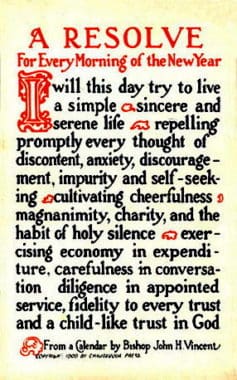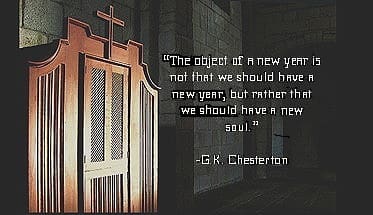What if I Told You This New Year’s Resolution to Take Some Weight Off?
I live less than a mile from the most popular Fitness Center in Butte County here in Northern California – In Motion Fitness, and as the New Year is suddenly upon us, I am seeing that annual  overflow of traffic that comes with everyone’s “New Year’s resolution”. Who has not made that January 1st commitment to shed the holiday pounds?
overflow of traffic that comes with everyone’s “New Year’s resolution”. Who has not made that January 1st commitment to shed the holiday pounds?
What typically happens is we shed the weight, and over the course of 4-6 weeks, our “fervor” to work out slowly begins to dissipate. We tell ourselves: “Our resolution has served its purpose, I have lost the weight, and I just do not have the time to work out anymore.” Consequently, we move on from our resolutions, and folks like myself, who live several blocks from a large Fitness Center, do not have to deal with the traffic anymore.
 In light of this, it is usually early to mid-February that I am asking myself the same question: what does it mean to have a resolution? Well, let us consider what the word itself means. The term resolution comes from the Latin resolutio, which speaks to a “process of reducing things into simpler forms”, or “to loosen”. It would appear our New Year’s resolutions should take stock into that overarching proverb of less is more. Sure, less physical weight may very well lead to more energy, and an overall increase in self-esteem, but our anthropology is body and soul. We could say, the whole idea of ‘loosen’ has as much to do with the need to alleviate the tension in our lives than it does the ‘loosening’ of pants with thinner waist lines.
In light of this, it is usually early to mid-February that I am asking myself the same question: what does it mean to have a resolution? Well, let us consider what the word itself means. The term resolution comes from the Latin resolutio, which speaks to a “process of reducing things into simpler forms”, or “to loosen”. It would appear our New Year’s resolutions should take stock into that overarching proverb of less is more. Sure, less physical weight may very well lead to more energy, and an overall increase in self-esteem, but our anthropology is body and soul. We could say, the whole idea of ‘loosen’ has as much to do with the need to alleviate the tension in our lives than it does the ‘loosening’ of pants with thinner waist lines.
G.K. Chesterton once said that “the object of a new year is not that we should have a new year, but rather that we should have a new soul.” For this reason, it makes perfect sense for us as Christians to have the sacrament of Confession as our lead New Year’s  resolution. Recall what lies underneath every Act of Contrition: sorrow for our sin, and the resolve to conform ourselves more fully to Jesus Christ. Resolution is the natural outgrowth to genuine contrition. In other words, resolve is the fruit of a good confession.
resolution. Recall what lies underneath every Act of Contrition: sorrow for our sin, and the resolve to conform ourselves more fully to Jesus Christ. Resolution is the natural outgrowth to genuine contrition. In other words, resolve is the fruit of a good confession.
What’s more, out from the confessional do we feel “lighter”–less “weight” on our shoulders, and more clarity to see the habits that properly belong to God.
Does this mean we give up on our resolutions that have us paying attention to the physical? NO! In point of fact, working out and releasing those necessary endorphins can be very therapeutic to the soul, but to be fully present to the soul demands that our New Year’s resolve should have us thinking about the Sacrament of Confession. More specifically, how our renewed relationship with God can help us see more clearly those ‘things’ which need to be ‘reduced to simpler forms.’
So it is, let our New Year’s resolve include our spiritual fitness!
+
Art: Indigo Fitness Club Zürich, Indigofitness, 17 November 2015, own work, CCA-SA; New Year’s Resolutions Postcard, Postcards2CardsNewYearsResolution1915, modifications made by Ivan Akira, 30 December 2009, PD-US; both Wikimedia Commons. Image of confessional with Chesterton quote courtesy Joseph Hollcraft, used with permission.




